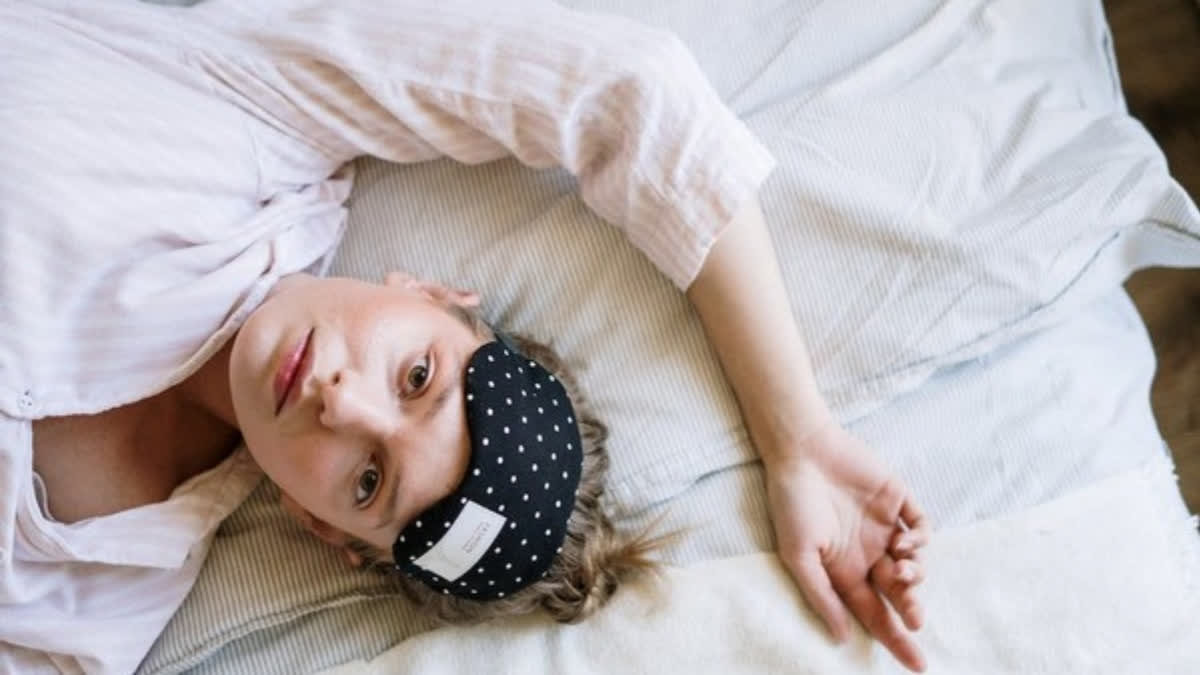Indiana [US]: Keeping an eye on the time as you try to fall asleep, according to an Indiana University researcher, increases insomnia and the need for sleep medicines; but, a small change could improve your sleep quality. Spencer Dawson, clinical assistant professor and associate director of clinical training in the College of Arts and Sciences' Department of Psychological and Brain Sciences, is the lead author of the study, which focuses on a sample of close to 5,000 patients who visit a sleep clinic for treatment.
Adults who have insomnia range in prevalence from 4 to 22%, and it is linked to chronic illnesses like diabetes, depression, and cardiovascular disease. Participants filled out surveys on their level of insomnia, whether they take sleep aids, and how much time they spend observing their own behaviour while they try to get some shut-eye. A psychological diagnosis was also requested of them. To find out how the variables affected one another, scientists performed mediation analyses.
Also read:Insomnia can have serious health consequences
"We found time monitoring behavior mainly has an effect on sleep medication use because it exacerbates insomnia symptoms," Dawson said. "People are concerned that they're not getting enough sleep, then they start estimating how long it will take them to fall back asleep and when they have to be up. That is not the sort of activity that's helpful in facilitating the ability to fall asleep - the more stressed out you are, the harder time you're going to have falling asleep."
As the frustration over sleeplessness grows, people are more likely to use sleep aids in an attempt to gain control over their sleep. The results are published in The Primary Care Companion for CNS Disorders. Additional co-authors are Dr. Barry Krakow, professor of psychiatry and behavioral health in the Mercer University School of Medicine; Patricia Haynes, associate professor in the Mel and Enid Zuckerman School of Public Health at the University of Arizona and Darlynn Rojo-Wissar, a postdoctoral fellow at Alpert Medical School of Brown University.
Dawson said the research indicates a simple behavioral intervention could provide help for those struggling with insomnia. He gives the same advice to every new patient the first time they meet. "One thing that people could do would be to turn around or cover up their clock, ditch the smart watch, get the phone away so they're simply not checking the time," Dawson said. "There's not any place where watching the clock is particularly helpful." (ANI)
